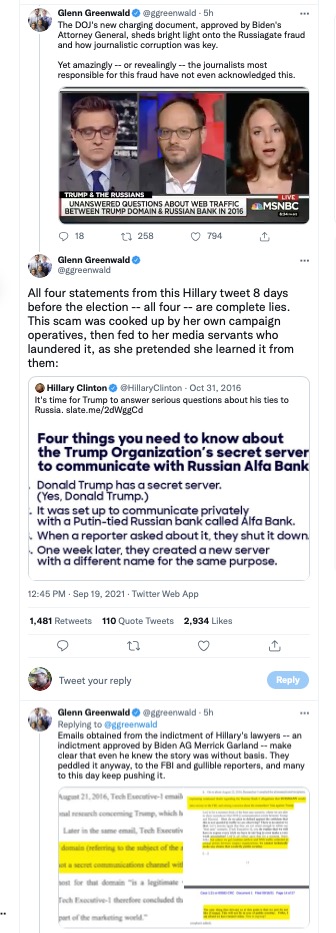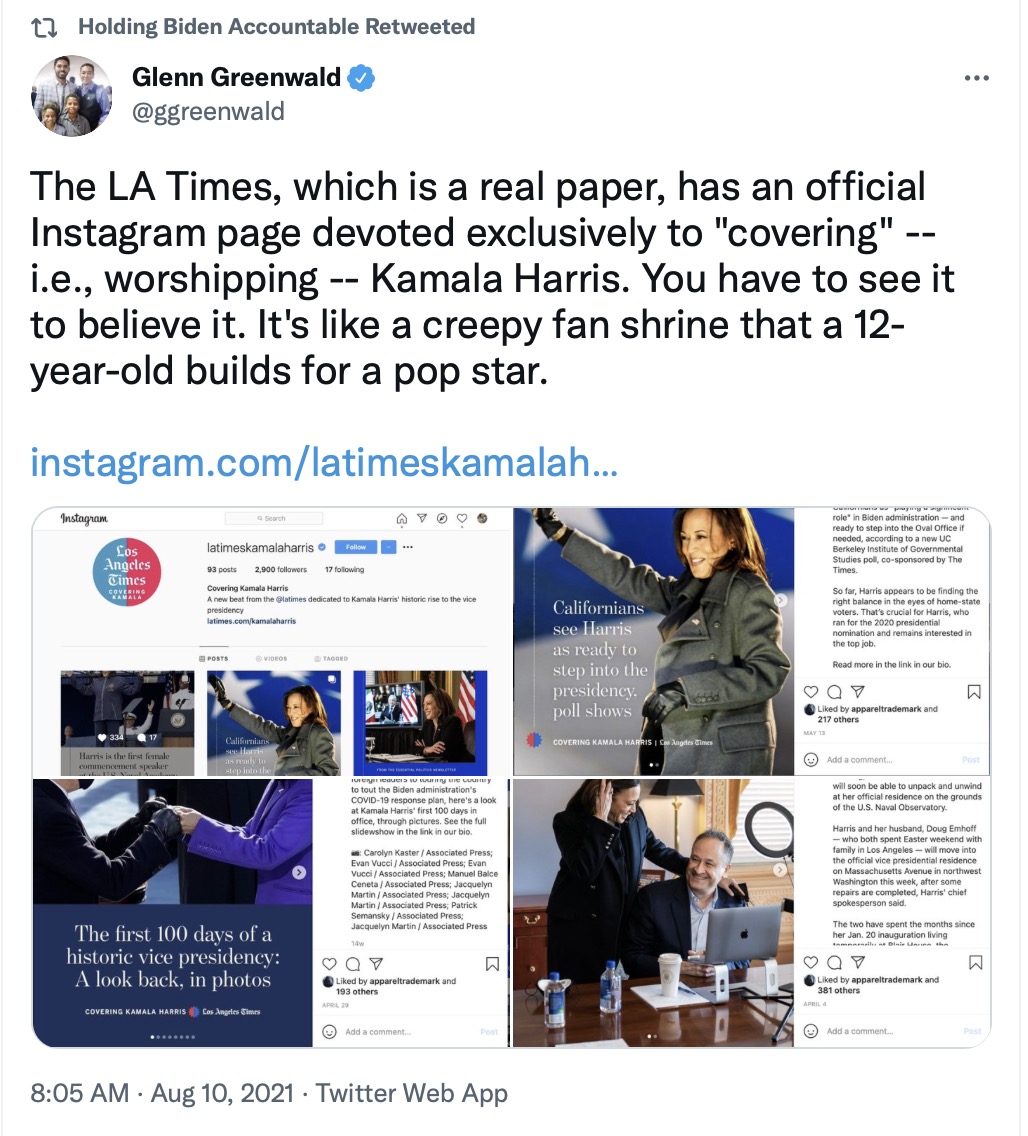Being “Smart” Does Not Protect You from Being Duped.
Jonathan Rauch has written an excellent new book, "The Constitution of Knowledge" (2021). His analysis is deep and unrelenting. Here's a passage that provides a warning: Being "smart" does not protect a person from being duped:
On the more abstract moral and intellectual questions which so often preoccupy and divide us, reasoning, argues Haidt, is like a press secretary whose goal is to justify whatever position her boss has already taken. “Intuitions come first, strategic reasoning second,”writes Haidt. Moreover, in conversations about matters which arouse strong moral reactions, “people care a great deal more about appearance and reputation than about reality.”They care more about looking right than being right. “Our moral thinking,”says Haidt, “is much more like a politician searching for votes than a scientist searching for truth.” Maybe Socrates would rather be right than popular, but most of us prefer to maintain our good standing with our tribe, a reasonable call when one considers that Socrates was executed by his fellow citizens.
Besides being useful for persuading others, the ability to construct reasons is useful for persuading ourselves. Persuading others is easier, after all, if we believe what we say. The old political saw holds that if you can fake sincerity, you’ve got it made; but that is not quite right, because the best way to seem sincere is to be sincere. Detecting trustworthiness is a basic life skill in small groups which depend on sharing and reciprocity, and so people have developed good bullshit detectors. The best way around other people’s bullshit detectors is to believe what you say. If your social reputation and group identity depend upon believing something, then you will find a way to believe it. In fact, your brain will help you by readily accepting and recalling congenial information while working to bury and ignore uncongenial information.
That is why intelligence is no defense against false belief. To the contrary, it makes us even better at rationalizing. Super-smart people, as Haidt notes in The Righteous Mind, are more skilled than others at finding arguments to justify their own points of view. But when they are asked to find arguments on the opposite side of a question, they do no better than anyone else. Brainpower makes people better press secretaries, but not necessarily better at open-minded, self-critical thinking.


